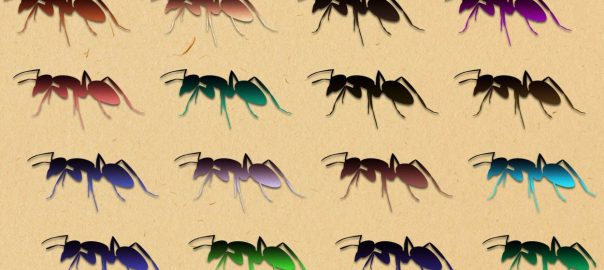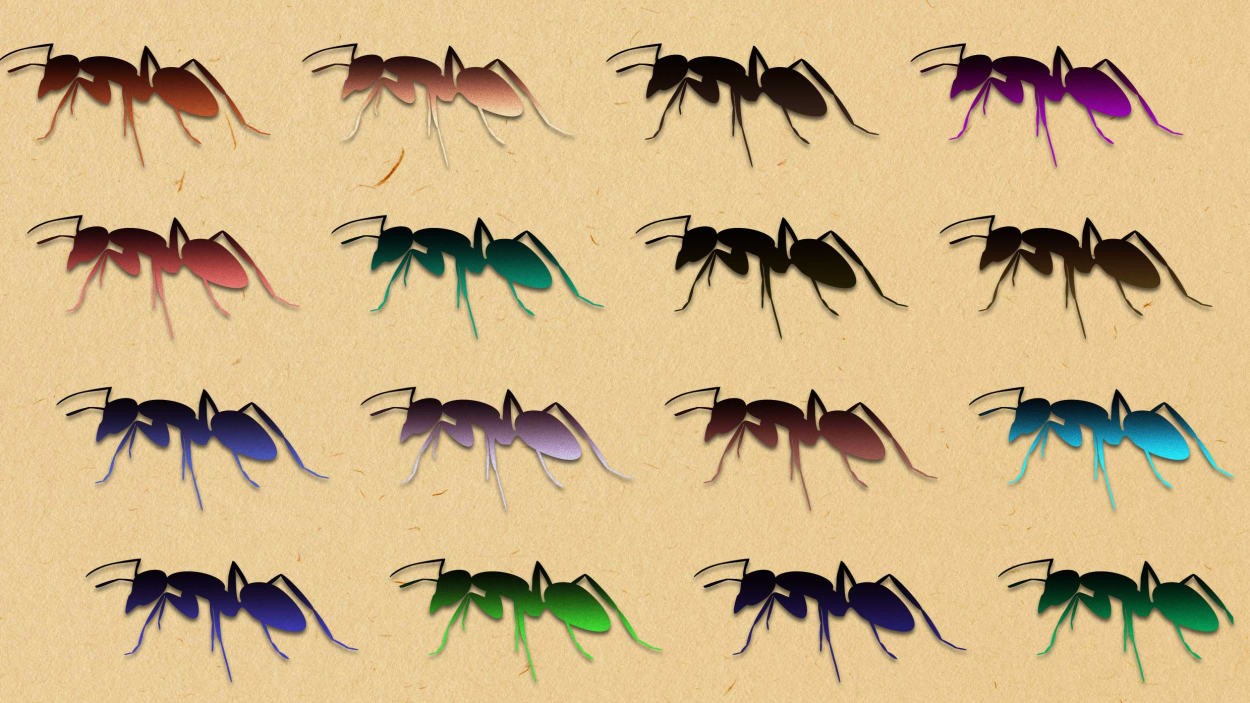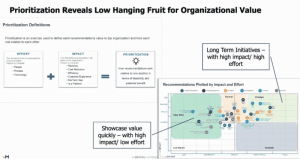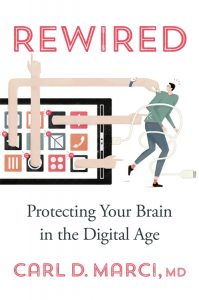The revered poet Robert Frost made no secret of his likes and dislikes. Discerning readers have no trouble recognizing that he favored the road less traveled, that he did not love a wall, and that he regarded systems with suspicion bordering on contempt. Although he left this world more than six decades ago, his verses echo with tones of prophecy when we contemplate how inescapably systematized our world continues to become.
Considered a naturalist by non-scholars, Frost took more interest in the lessons taught by nature, and he was equally willing to address the good, the bad, and the ugly:
Ants are a curious race;
One crossing with hurried tread
The body of one of their dead
Isn’t given a moment’s arrest—
Seems not even impressed.
No one stands round to stare.
It is nobody else’s affair
It couldn’t be called ungentle
But how thoroughly departmental.
For better or worse, many businesses today are broken into semi-autonomous departments. Schools have increasingly designed curricula with a fixation on STEM—Science, Technology, Engineering, and Math. On the one hand, it’s reassuring to know that our young people will be competent in core skills. But some educators worry that we are simultaneously crushing creativity. As with so many things, we struggle to strike a healthy balance.
So should we share Frost’s disdain for the departmentalism of ants? Or can we find admirable characteristics that offset their hyper-structured nature?
Perhaps our six-legged friends do indeed have redeeming qualities to warrant this week’s entry into the Ethical Lexicon:
Myrmecophilous (myr·?me·?coph·?i·?lous/ ?m?r-m?-‘kä-f?-l?s) noun
Fond of, associated with, or benefited by ants
If you can’t imagine any practical application of this word, Apoorva Nagar would likely disagree with you. A physicist at the Indian Institute of Space Science and Technology, he was fascinated to discover that traveling ants maintain constant speed even when their numbers swell along the ant superhighway. That means, in dramatic contrast to human commuters, ant traffic carries on unhindered even during rush hour.
Nagar suggests three reasons why ants don’t bottleneck, despite increased traffic flow:
1. Ants don’t have egos. They don’t take it personally when other ants cut them off, and they don’t feel the need to show off or prove they’re Number One.
2. Ants don’t mind bumps and scrapes. For humans, even the purely cosmetic damage from a fender-bender requires calling 911, accident reports, and insurance claims. But ants just keep moving forward, unconcerned with incidental rattles and shakes.
3. Ants focus more intently under pressure. As traffic thickens, they lean in, hold their speed steady, and make fewer twists and turns.
I once recounted these observations during a podcast interview. The host responded, “That’s interesting, but I’m not an ant.” I stifled the impulse to lecture her on the power of metaphor and patiently attempted to elaborate. Indeed, although ant behavior may have limited practical application to human driving habits and traffic patterns, it may suggest other benefits to substantially improve the quality of our daily lives.
Becoming aware of negative thoughts
How do you act when traffic slows to a crawl? Do you start fuming, muttering, cursing, and banging the steering wheel? Do you refuse to let another car into the space in front of you and constantly grumble that the other lanes are advancing faster than your own?
Do you start trying to find ways to make the time seem less wasted, searching for a different song or show on the radio, scrolling through your messages, or contemplating alternative routes that might save you a minute or two getting to your destination? Are you then surprised to notice that a large gap has opened up in front of you while your mind has drifted elsewhere?
Most important, can you think of times when these behaviors spill over into other areas of your personal and professional life?
Personal ego lies at the heart of most bad choices. The sad irony is that our fear of looking bad makes us act badly. Our concern over appearing weak makes us vulnerable, and our dismay over being overlooked makes us seem desperate for attention. Even worse, when we call out the errors or shortcomings of others to build ourselves up, we ensure that others will eagerly jump all over us the next time we take a false step.
Re-picture this
Imagine that you’re attending a cocktail party. You get your drink and start looking for an opening to mingle when someone shoves into you from behind. You’re thrown off-balance, and your drink sloshes out of your glass and all over your shoes. Moreover, the shove felt intentional rather than accidental. You whip around ready to confront this oaf, this boor, this miscreant who has violated your personal space.
Instead, you are met by the smiling face of your college roommate, a dear friend you haven’t seen in 15 years. In an instant, your anger and displeasure evaporate. You reframe the shove as a playful gesture from a long-lost soulmate. The offense is instantly forgotten.
Consider that the shove remains the same shove, your glass is still empty, and your shoes are still wet. But none of that matters because your ego is no longer in play. Nothing has changed; yet everything has changed. And that demonstrates how much power we have over our own emotions and reactions.
We should have at least as much self-control as ants, shouldn’t we? They don’t care if other ants bump into them. They also respond to tension not by looking to get out, but rather by leaning in. So why can’t we act more like ants?
The truth is, we can. Anxiety and excitement manifest through exactly the same physical symptoms: accelerated heart rate, perspiration, and shallow breathing. One response is to try slowing our breathing and calming our thoughts. Another is to reframe the situation by changing our inner narrative.
Instead of looking for reasons to be offended, look for opportunities to create new bonds. Instead of focusing on fear of the unknown, focus on eagerness for a new experience. Simply telling yourself that you are excited to face a new challenge or adventure can rewire your brain and rechannel paralyzing fear into invigorating enthusiasm.
Would you ever have imagined learning all this from ants? You gotta love ‘em.
(33)
Report Post








